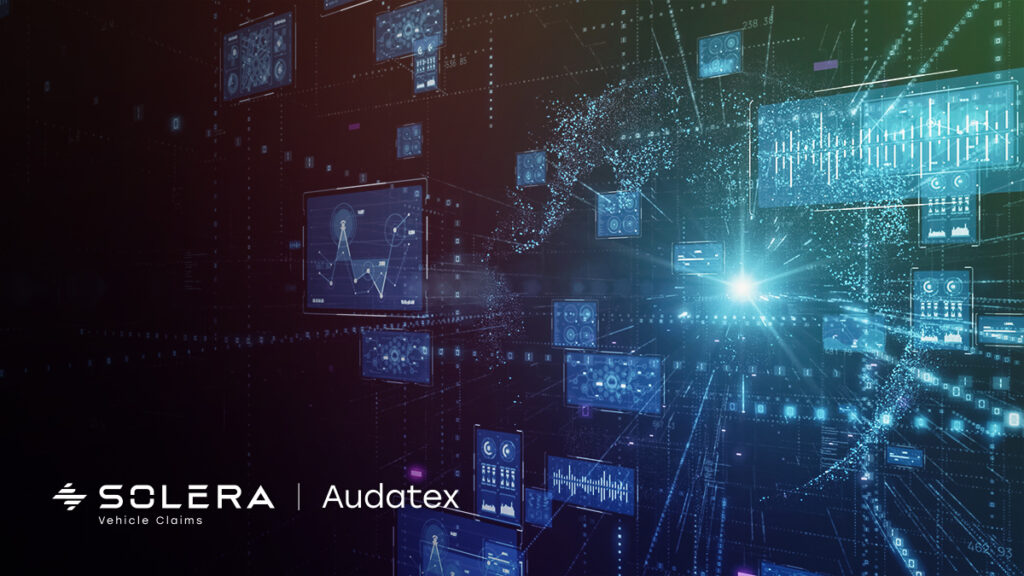Driving the Future: How AI is Transforming Automotive Repairs

The automotive repair industry in South Africa stands at the edge of a revolutionary shift, driven by artificial intelligence (AI). As vehicles evolve with features such as AI-assisted driving systems and smart diagnostics that identify issues early, repair shops must adapt to keep pace with these advancements.
“South Africa’s automotive repair industry is undergoing a transformative change, and AI is at the heart of this evolution,” says Jermaine Davids, Sales Director for Audatex South Africa.
The task ahead isn’t just about understanding traditional vehicle mechanics. It now requires technicians to embrace data-driven AI technologies integrated into modern vehicles. However, a significant skills gap persists, presenting a pressing challenge for South Africa’s auto repair sector.
Bridging the Skills Divide
Historically, many automotive technicians developed their skills through hands-on experience, mastering engines, hydraulics, and other mechanical systems and formal qualifications, but with the advent of electric vehicles (EVs), AI-driven diagnostics, and sophisticated onboard software, these traditional skills need to expand.
Today’s vehicles are increasingly capable of self-diagnosis, generating maintenance schedules, and using AI to predict potential issues before they occur. For technicians, this means learning to navigate software, analyse data, and troubleshoot advanced systems like EV batteries, which differ significantly from traditional internal combustion engine (ICE) components.
Technicians must evolve their skill sets to confidently address these cutting-edge systems while maintaining expertise in traditional mechanics. Many repair shops, particularly small and independent ones, struggle to keep up due to limited access to training programmes and the resources needed to modernise their operations.
Tackling Key Challenges
One of the most significant hurdles is cost. Comprehensive training programmes designed to equip technicians with the skills to work with AI-based diagnostics and advanced tools often cost thousands of rands per participant. For smaller workshops operating on thin margins, these costs can be prohibitive. Without investing in these skills, however, repair shops risk being outpaced by larger, more resourceful competitors.
Blended learning presents a practical solution. By combining online learning with in-person, hands-on sessions, training providers can lower costs and make advanced education more accessible. This approach allows technicians to gain practical experience while learning the theoretical and software-based aspects of vehicle repair remotely.
Solutions such as Solera’s Autodata can also support this transformation. With on-demand training content and diagnostic tools, technicians can upskill directly from their workshops. Features like step-by-step repair instructions and bite-sized training videos ensure that learning integrates seamlessly into their daily workflow.
Making Training Accessible to All
For South Africa, Solera Training offers a range of face-to-face and online courses to suit your needs. Visit our training pages to explore detailed course content.
Our team continuously updates and enhances training materials to deliver fresh, engaging courses, regularly available on the Solera University platform.
Embracing Lifelong Learning
Modern vehicle technology is constantly evolving, and staying competitive requires ongoing education. Initial training is no longer enough; technicians must regularly update their certifications to keep up with advancements such as AI-based systems and Advanced Driver Assistance Systems (ADAS).
A culture of continuous learning is critical for South Africa’s repair shops to remain competitive in an industry defined by rapid innovation. Employers in the sector must prioritise professional development, helping technicians to stay relevant and ensuring businesses maintain their competitive edge in a rapidly changing landscape.
Driving the Industry Forward
As AI continues to reshape industries worldwide, South Africa’s automotive repair sector must be ready to adapt. By investing in accessible, inclusive, and ongoing training, the industry can future proof itself and position its workforce to tackle the challenges and opportunities ahead.
“Environmental and climate concerns are reshaping customer behavior and driving stricter regulations, pushing the industry to align with new standards. Automotive repair providers must embrace innovations like AI and prioritize skills development to remain competitive” Davids says.
By committing to growth, accessibility, and innovation, the automotive repair industry can not only survive but thrive in this exciting new era of AI-driven transformation. To find out more about Solera Audatex’s solutions or to request a free demo, visit here.